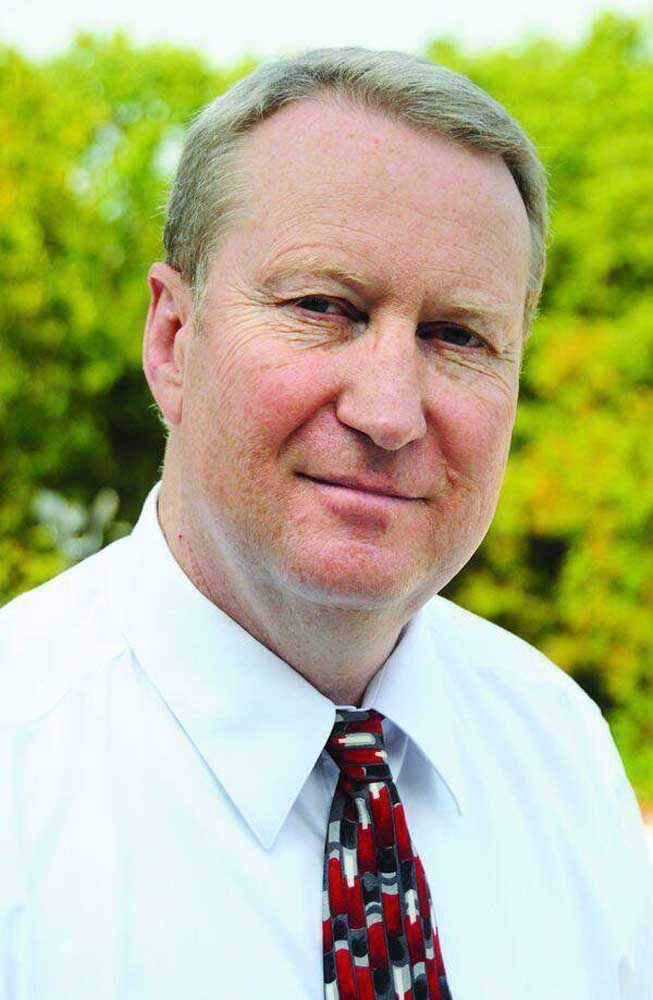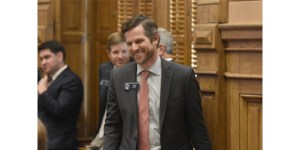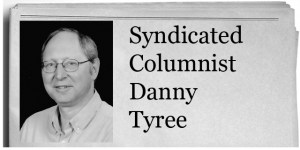Mark Millican: Classic Christmas song was almost silenced
Published 8:00 am Wednesday, December 18, 2024

- Mark Millican
Those who have traveled the world extensively, or just been in contact with multicultural groups here in the United States, have noted that tongues and languages — even though we might not understand them — may have a much different tone and tenor in their delivery than English. Take German, for example. To many Americans, that language sounds guttural and even harsh when spoken.
However, for a select few in the Cartecay area of eastern Gilmer County, the singing of “Silent Night” in German sounded as if an angel had alighted on Earth. The late Ellen Keim of Cartecay United Methodist Church sometimes rendered the classic Christmas hymn in her native tongue back when evangelistic Methodist pastor Sanford Willard manned the pulpit. He acceded the chancel area with joy when she soulfully delivered the carol.
Trending
“Silent Night,” in fact, has Germanic origins, noted author Robert Morgan in his book of Christmas hymn history, “Come Let Us Adore Him.” On a recent segment of the Haven Today radio broadcast (haventoday.org), host David Wollen called “Silent Night” the most widely sung Christmas hymn ever — even being rendered by combatants in the arenas of world wars.
Morgan said he was intrigued enough by “Silent Night” to visit its birthplace in Salzburg, Austria, a few years ago. The country is home to the Alps and next door to Germany, and shares what some would call a “complex” culture and heritage that goes back even before the era of the Holy Roman Empire.
“Salzburg … is the home of the Trapp Family Singers (immortalized by their full last name von Trapp in the movie “The Sound of Music”) and also of Mozart,” he noted. “It’s amazing the history there. But Joseph Mohr (a priest and writer) was born in Salzburg, and just a short train trip away is the little church of Saint Nicholas. (Mohr) was the pastor there, and it was destroyed in a flood so it’s no longer there, sadly. But they have a chapel to commemorate it and the writing of ‘Silent Night,’ and (also) a museum there.”
In 1818, at the appropriately named Saint Nicholas Church, the organ would not play for some reason as the organist tried to warm up for the Christmas Eve service, Morgan said. (Some online accounts give a different story, but the author relates what he learned at the historic church.)
“Pastor Mohr said, ‘I have a song here’ — and it isn’t clear whether he wrote it then or had already written it — but he gave it to his organist, Franz Gruber, and (he) came up with the melody, the tune, that is slightly different (in) a couple of notes,” Morgan elaborated. “So if you hear it done in Austria or Germany, you’ll notice (that). I actually like the European version better, but it’s essentially the same tune. And apparently they did it acoustically (with guitar) that night, and it would have died then.”
However, when the organ man came to repair the organ, churchgoers sang it for him, and he just happened to know a family of singers.
Trending
“This family loved that song, and they went to all of the famous fairs and festivals in Germany and everywhere singing it,” Morgan continued. “It was popularized by them and became a great song throughout Germany.”
But wait, there’s more.
“Then when (Prince) Albert married (Queen) Victoria in England (in 1840), he brought with him a lot of German traditions — and most of our Christmas traditions come out of Germany and the (Protestant) Reformation,” he pointed out. “And so here in that spirit came ‘Silent Night’ … to Windsor (Castle), and from there to America. That’s the way that ‘Silent Night’ came to the world. But it started in this little quaint church … because the organ broke down and they had to have this song they could play by guitar:
“‘Silent night, holy night,
‘All is calm, all is bright,
‘Round yon virgin, mother and child,
‘Holy infant, so tender and mild.
‘Sleep in heavenly peace,
‘Sleep in heavenly peace.’”
Thankfully, I didn’t have to transcribe those lyrics into German. Be that as it may, I do look forward to Ellen Keim singing it again, next time on Christmas Eve in a heavenly language that all who are present will understand.
Mark Millican is a former staff writer for the Dalton Daily Citizen.





